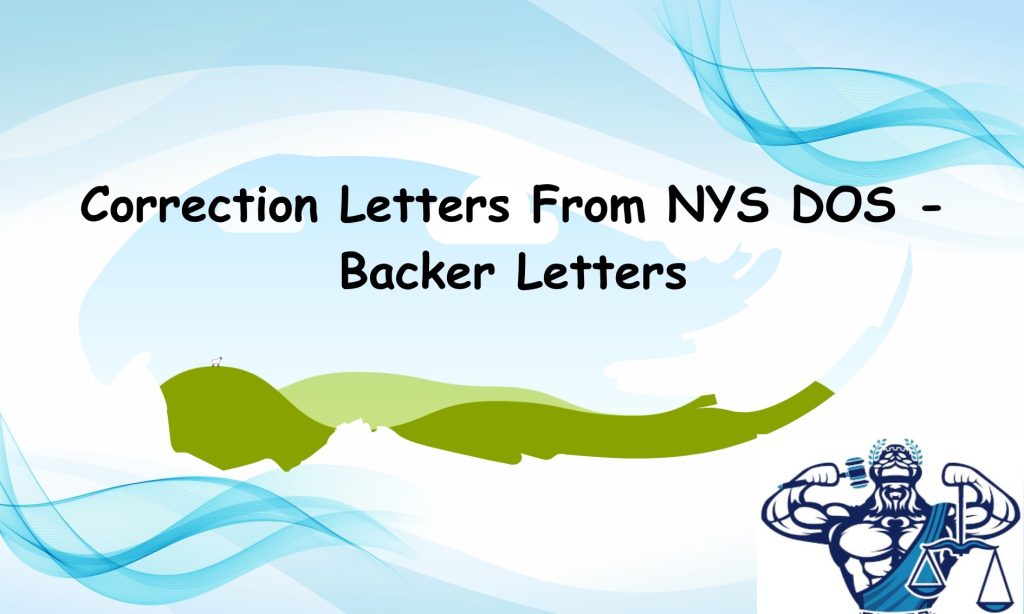What Is NYLL 740?
NYLL 740 (which is short for the New York Labor Law, Section 740) is an area of employment law that specifies protections for people who report things that happen at work that may be illegal or dangerous to public health and safety (commonly referred to as whistleblowers). The section was expanded in January 2022 to provide a wider array of protections for not just current employees but also former employees and independent contractors. It prohibits employers from taking retaliatory action(s) against an employee/contractor who either takes action against the employer or threatens to do so due to a policy or activity of the employer that fits one of two situations:
- The employer’s proposed or in-process activity or policy could potentially threaten public safety or health.
- The employer’s proposed or in-process activity or policy violates a rule, regulation, or law.
Note that the employee or contractor who reports the potential infraction must only have reason to believe that the action or policy is dangerous or in violation of rules or laws. They may not be correct, but they must be able to prove they had reason to believe they were right.
What Are the Changes in the Updated NYLL 740?
In previous years, NYLL 740 had some terms that made enforcement by courts difficult for various reasons. The updated version includes the following:
- Definition of what constitutes an employee. The updated version defines an employee as current or past, and there’s no time limit on how long ago the employee may have worked at the company. It also includes independent contractors.
- Industry blacklisting. NYLL 740 has language that prevents an employer, including former employers, from taking action to prevent an employee who was a whistleblower from being blacklisted in their industry.
- Good faith notification attempt. Previously, the law required the employee to have notified the employer of the alleged violation. Now, it only requires the employee to make a good-faith attempt to notify the employer, which can make it more difficult for employers to dispute the allegations by saying they weren’t notified. There are also specific circumstances in which the employee doesn’t have to try to notify the employer:
- An imminent and significant danger to public health or safety.
- The employee’s belief that reporting the alleged violation to their supervisor could cause the supervisor to destroy or conceal relevant evidence or that reporting it could lead to physical harm to the whistleblower or other persons.
- The alleged violation could endanger a minor.
- The employee has reason to believe the supervisor knows of the alleged violation and won’t take corrective measures.
- The right to a jury trial. Previously, any allegations that resulted in a court case were made in a bench trial, meaning the judge alone would issue a ruling. Now, the whistleblower has the right to a jury trial.
- Post notices. The updated law requires employers to post notices to inform employees of their rights, obligations, and protections according to the law. These notices must be posted in areas frequented by employees and job candidates, and have to be accessible and easily visible.
- The statute of limitations. This has been extended from one year from the date of the alleged violation to two years.
- Financial compensation. Previously, if the court decided against the employer, it could only order payment of lost wages and benefits, reinstatement, and the whistleblower’s legal fees. Now, the court can order front pay (which includes not only lost wages and lack of reinstatement but also loss of experience or harm to reputation), civil penalties, and, in particularly egregious cases, punitive damages, which are meant to punish the violator so that they’re less likely to repeat the offense.
Is NYLL 740 the Same as Federal Whistleblower Laws?
Not quite. At the federal level, whistleblower protections (including OSHA and the Whistleblower Protection Act) are meant for employees who report violations of federal laws or regulations. NYLL 740 applies to employees at any level. However, it’s possible that a New York employee might be covered by both NYLL 740 and federal protections.
What Forms Does Retaliation Take in the Workplace?
Employers may try to retaliate against an employee who has reported them for illegal or dangerous activity in myriad ways. An employee may be fired or demoted (or denied a promotion they should be eligible for), be denied a pay raise, or even have their pay reduced, or face harassment. It’s crucial to understand that harassment can take many forms, some of them subtle. It can appear as being left out of critical meetings, unusual micromanagement, negative comments and feedback that don’t seem warranted, or being ignored. Because this can take so many forms, contact an experienced employment attorney if you think you are facing retaliation for being a whistleblower.
An attorney can help you determine if you might have a case and, if so, what evidence you may need to prove it.
What Should I Do if I May Need Help with a Retaliation Situation that Might Be Addressed by NYLL 740?
Call the Law Offices of Vincent Miletti, Esq. at 718-829-7400 for a strategy session. We understand how stressful and frustrating this situation is for you. Our team of experienced, knowledgeable employment law attorneys can review your specific case and whether NYLL 740 applies, along with what the possible outcomes may be.
 Professional Legal & Business Services And Representation - English & Espanol!
Professional Legal & Business Services And Representation - English & Espanol!

 314-648-2586
314-648-2586 CALL US NOW
CALL US NOW







